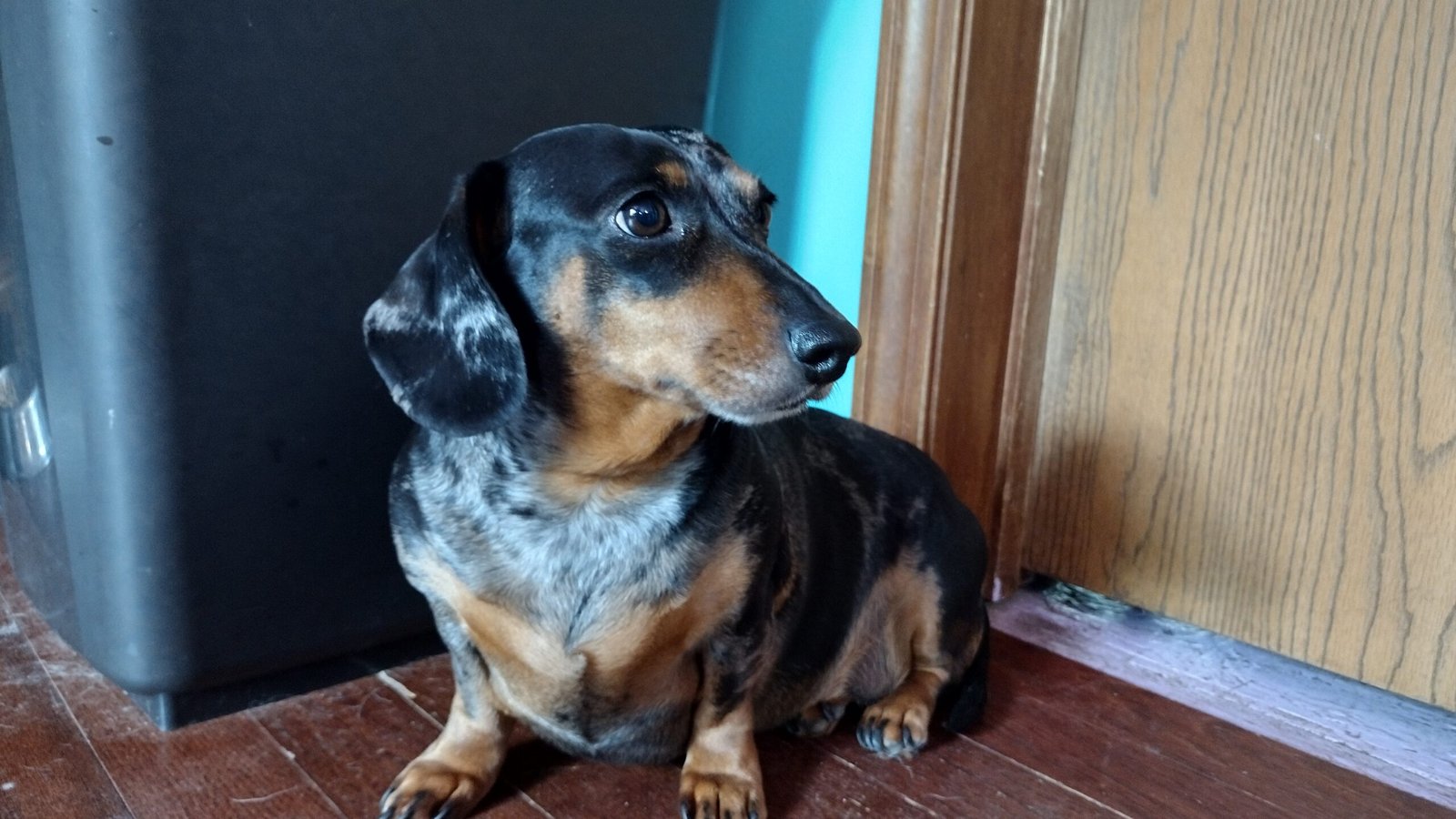By: Plants and Home
While licking isn’t usually the direct cause of dental problems, excessive licking can contribute to oral health issues in a few indirect ways. Understanding these links can help you stay ahead of potential dental concerns and protect your pup’s smile.
🦷 1. Licking Can Introduce Bacteria
When dogs lick their paws, dirty surfaces, or even each other, they can transfer bacteria into their mouths. Over time, this can lead to plaque buildup, increasing the risk of:
- Tartar accumulation
- Gum inflammation
- Bad breath
Licking paws that touch dirty floors or grass may bring in extra germs your dog wouldn’t otherwise encounter.
💧 2. Excessive Saliva Might Not Help
Dogs who lick constantly may produce more saliva. While saliva usually helps neutralize acid in the mouth, too much can upset the balance, potentially leading to:
- Increased plaque formation
- A moist environment is ideal for bacteria
- Early signs of gum disease
🐶 3. Sharing Germs: Licking Other Dogs’ Mouths
Dogs love social grooming, but licking another dog’s teeth or mouth can transfer harmful oral bacteria, especially if the other dog has:
- Untreated dental disease
- Infected gums or decaying teeth
This can potentially spread gingivitis or other infections between dogs.
🪥 4. Licking Isn’t a Substitute for Chewing
Dogs clean their teeth naturally by chewing. But if your dog mostly licks things (or you), and avoids chew toys or bones, they may not be cleaning their teeth effectively. This can cause:
- Buildup of plaque over time
- Lack of jaw stimulation
- Missed opportunities to massage their gums
✅ How to Help Prevent Dental Problems
Even if your dog is a dedicated licker, here are easy ways to maintain great dental hygiene:
🪥 Brush Regularly
Use a dog-safe toothbrush and toothpaste at least 2–3 times per week. It’s the best line of defense against plaque and tartar.
🦴 Offer Chew Toys & Dental Treats
Chewing helps scrape off plaque naturally. My current six dogs—and even the five before them—love these dental chews that also freshen breath. (Check the links below for recommendations.)
👩⚕️ Don’t Skip Vet Visits
Have your vet check your dog’s teeth regularly. Professional cleanings may be needed if plaque is already hardened into tartar.
🐾 Final Thoughts
Licking itself won’t destroy your dog’s teeth, but it can open the door to oral health issues if it becomes excessive. Monitor their habits, offer dental-friendly activities, and keep up with vet care to help your Dachshund (or any breed!) maintain a healthy mouth.
🛒 Recommended Products for Dog Dental Health
The links below are affiliate links, which means I may earn a small commission—at no extra cost to you—if you make a purchase. This helps support my blog and keeps content coming for dog lovers like us!
✅ DentaLife Daily Oral Care Dog Treats for Small and Medium Dogs
✅ Arm & Hammer for Pets Tartar Control Kit for Dogs
✅ Wag Dental Dog Treats to Help Clean Teeth & Freshen Breath – Medium
💡 Bonus Tip
Want to explore more ways to support your dog’s health? Read Common Health Issues by Breed for more helpful info!






